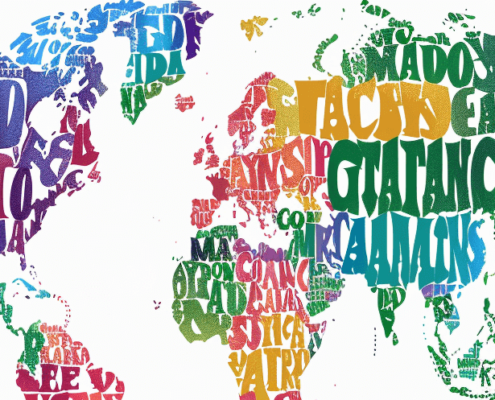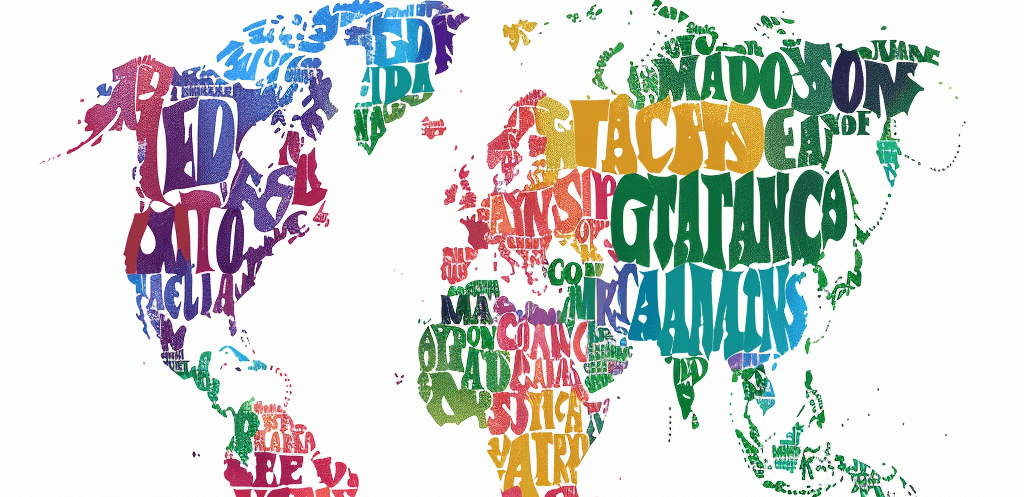Harness the full potential of international SEO.
Improve your ranking, boost your conversion rate, and optimize the marketing efficiency of your German online campaigns.
Blog
 https://magalikaree.com/wp-content/uploads/berlin-wall-50727_640.jpg
364
640
Magali Karee
https://magalikaree.com/wp-content/uploads/2024/05/Logo-Magali-Karee.png
Magali Karee2025-10-20 12:59:102025-10-20 13:00:41Shop Translation with AI: What You Need to Know to Succeed in Germany
https://magalikaree.com/wp-content/uploads/berlin-wall-50727_640.jpg
364
640
Magali Karee
https://magalikaree.com/wp-content/uploads/2024/05/Logo-Magali-Karee.png
Magali Karee2025-10-20 12:59:102025-10-20 13:00:41Shop Translation with AI: What You Need to Know to Succeed in Germany https://magalikaree.com/wp-content/uploads/Visuelle-Darstellung-SEO-Uebersetzung-1.png
497
1024
F2 Admin
https://magalikaree.com/wp-content/uploads/2024/05/Logo-Magali-Karee.png
F2 Admin2024-06-17 14:09:362024-06-25 20:13:16How SEO Translations Can Boost Your Traffic and Optimize Conversions
https://magalikaree.com/wp-content/uploads/Visuelle-Darstellung-SEO-Uebersetzung-1.png
497
1024
F2 Admin
https://magalikaree.com/wp-content/uploads/2024/05/Logo-Magali-Karee.png
F2 Admin2024-06-17 14:09:362024-06-25 20:13:16How SEO Translations Can Boost Your Traffic and Optimize Conversions https://magalikaree.com/wp-content/uploads/berlin-wall-50727_640.jpg
364
640
Magali Karee
https://magalikaree.com/wp-content/uploads/2024/05/Logo-Magali-Karee.png
Magali Karee2025-10-20 12:59:102025-10-20 13:00:41Shop Translation with AI: What You Need to Know to Succeed in Germany
https://magalikaree.com/wp-content/uploads/berlin-wall-50727_640.jpg
364
640
Magali Karee
https://magalikaree.com/wp-content/uploads/2024/05/Logo-Magali-Karee.png
Magali Karee2025-10-20 12:59:102025-10-20 13:00:41Shop Translation with AI: What You Need to Know to Succeed in Germany https://magalikaree.com/wp-content/uploads/Visuelle-Darstellung-SEO-Uebersetzung-1.png
497
1024
F2 Admin
https://magalikaree.com/wp-content/uploads/2024/05/Logo-Magali-Karee.png
F2 Admin2024-06-17 14:09:362024-06-25 20:13:16How SEO Translations Can Boost Your Traffic and Optimize Conversions
https://magalikaree.com/wp-content/uploads/Visuelle-Darstellung-SEO-Uebersetzung-1.png
497
1024
F2 Admin
https://magalikaree.com/wp-content/uploads/2024/05/Logo-Magali-Karee.png
F2 Admin2024-06-17 14:09:362024-06-25 20:13:16How SEO Translations Can Boost Your Traffic and Optimize Conversions https://magalikaree.com/wp-content/uploads/berlin-wall-50727_640.jpg
364
640
Magali Karee
https://magalikaree.com/wp-content/uploads/2024/05/Logo-Magali-Karee.png
Magali Karee2025-10-20 12:59:102025-10-20 13:00:41Shop Translation with AI: What You Need to Know to Succeed in Germany
https://magalikaree.com/wp-content/uploads/berlin-wall-50727_640.jpg
364
640
Magali Karee
https://magalikaree.com/wp-content/uploads/2024/05/Logo-Magali-Karee.png
Magali Karee2025-10-20 12:59:102025-10-20 13:00:41Shop Translation with AI: What You Need to Know to Succeed in Germany
Magali Karee
SEO Translation &
Transcreation specialist
Office
Rubensstraße 50
D-12159 Berlin
Germany
Phone +49 177 3621331
mail@magalikaree.com





